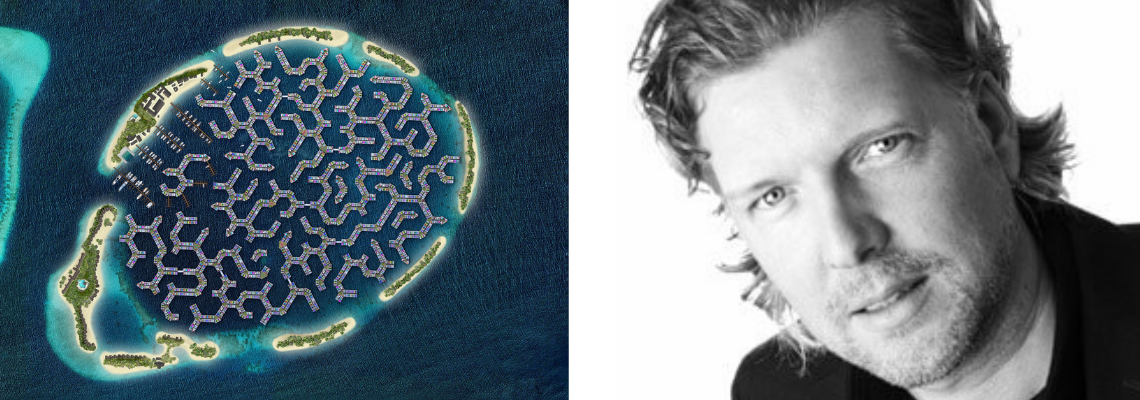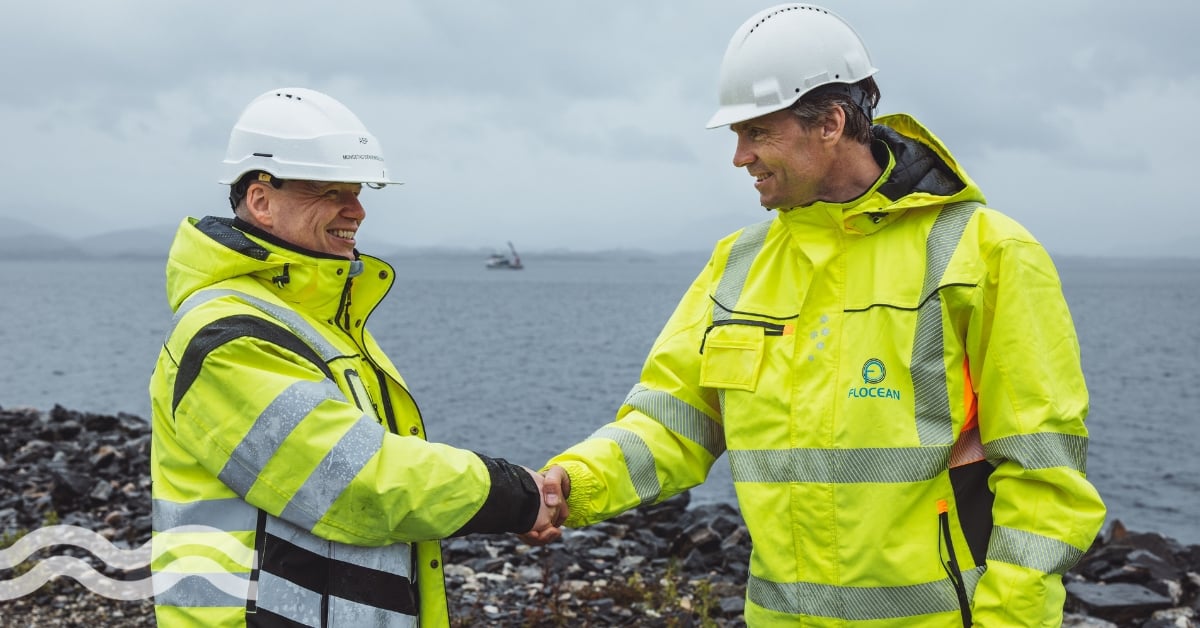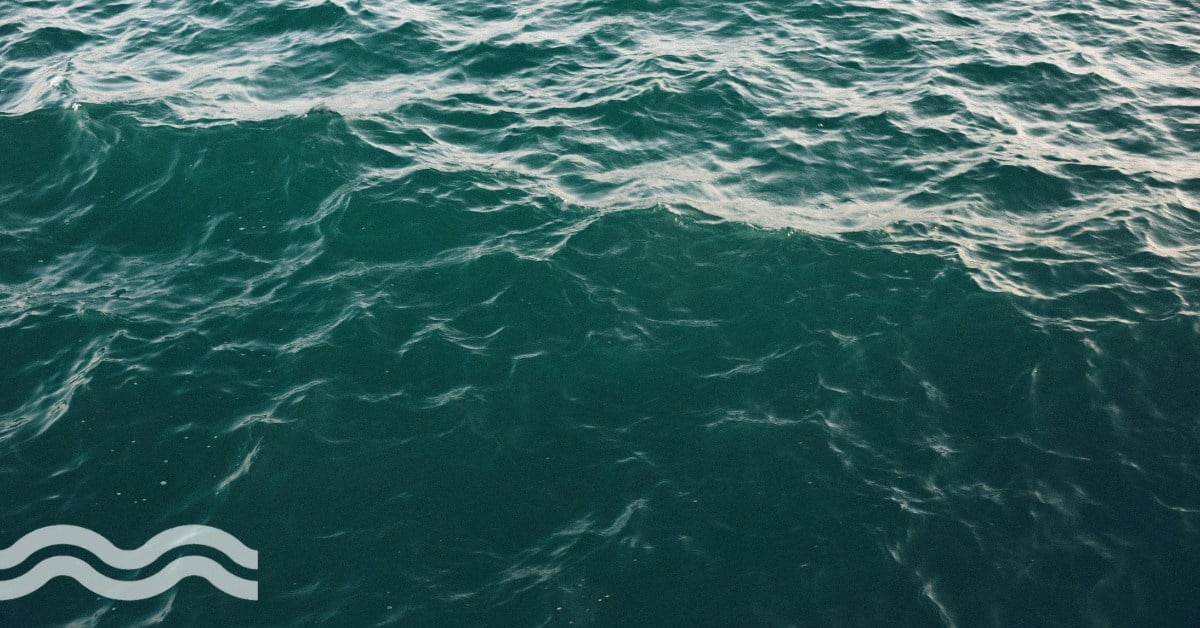
A new desalination plant powered 100 per cent by renewable green hydrogen is set to be built in the new Saudi Arabian city of Neom.
We built this city on desalination
Saudi Arabia’s new visionary city of Neom is building what is being called a 100 per cent renewable-powered desalination plant.
The development will be built on the OXAGON in Neom, tipped to be the world's largest floating structure and have a population of 90,000 by 2030.
Enowa, the energy, water, and hydrogen subsidiary of Neom, signed a memorandum of understanding (MoU) with Japanese trading company Itochu, and water, waste, and energy management solutions company Veolia to collaborate on the development.
The plant will have a production capacity of 500,000 cubic metres of desalinated water per day to meet 30 per cent of the city's forecasted total water demand for residential, industrial, and commercial use using reverse osmosis.
“This new desalination plant is one example of the type of sustainable infrastructure and circular economy we are developing to meet our zero-carbon footprint and zero-waste goals.”
One of the OXAGON's goals is to ensure all residents and industries are powered by affordable 100 per cent renewable energy.
Coming online in 2025, a green hydrogen plant is expected to be the first of several similar plants for renewable energy in a joint venture with Air Products and ACWA Power.
"We will be producing, treating, and reusing water in one of the most water-stressed regions in the world, through sustainable, innovative and integrated solutions," said Peter Terium, CEO of Enowa.
"This new desalination plant is one example of the type of sustainable infrastructure and circular economy we are developing to meet our zero-carbon footprint and zero-waste goals,” he went on to say.
Circular solutions in mind
Neom and OXAGON have been designed to bring industry 4.0 and the circular economy together. And the new desalination plant is no different.
Advanced membrane technology will be used to produce separate brine streams and brine-derived products, which will be developed and monetised downstream, according to the Saudi Press Agency.
“The technology developed as part of this MoU and used in Neom to provide water could be exported to other countries to tackle global water scarcity.”
Enowa plans to send recovered brine-derived resources to industries employing high purity industrial salt, bromine, boron, potassium, gypsum, magnesium, and rare metal feedstocks.
Gavin Van Tonder, executive director of Enowa Water Sector, said: “We aim to provide a blueprint for green, sustainable water production, management, and treatment, which can be scaled throughout the world.”
"The technology developed as part of this MoU and used in Neom to provide water could be exported to other countries to tackle global water scarcity.”
Related content
- NEOM: pioneering green hydrogen and internet of water (IOW)
- Partnership to by-pass chemical treatment for "greener" desalination
- Meet the Dutch company that designs floating cities
Share your water technology stories with us
Do you have an innovation, research results or an other interesting topic you would like to share with the international water technology industry? The Aquatech website and social media channels are a great platform to showcase your stories!
Please contact our Sr Brand Marketing Manager Annelie Koomen.
Are you an Aquatech exhibitor?
Make sure you add your latest press releases to your Company Profile in the Exhibitor Portal for free exposure.


